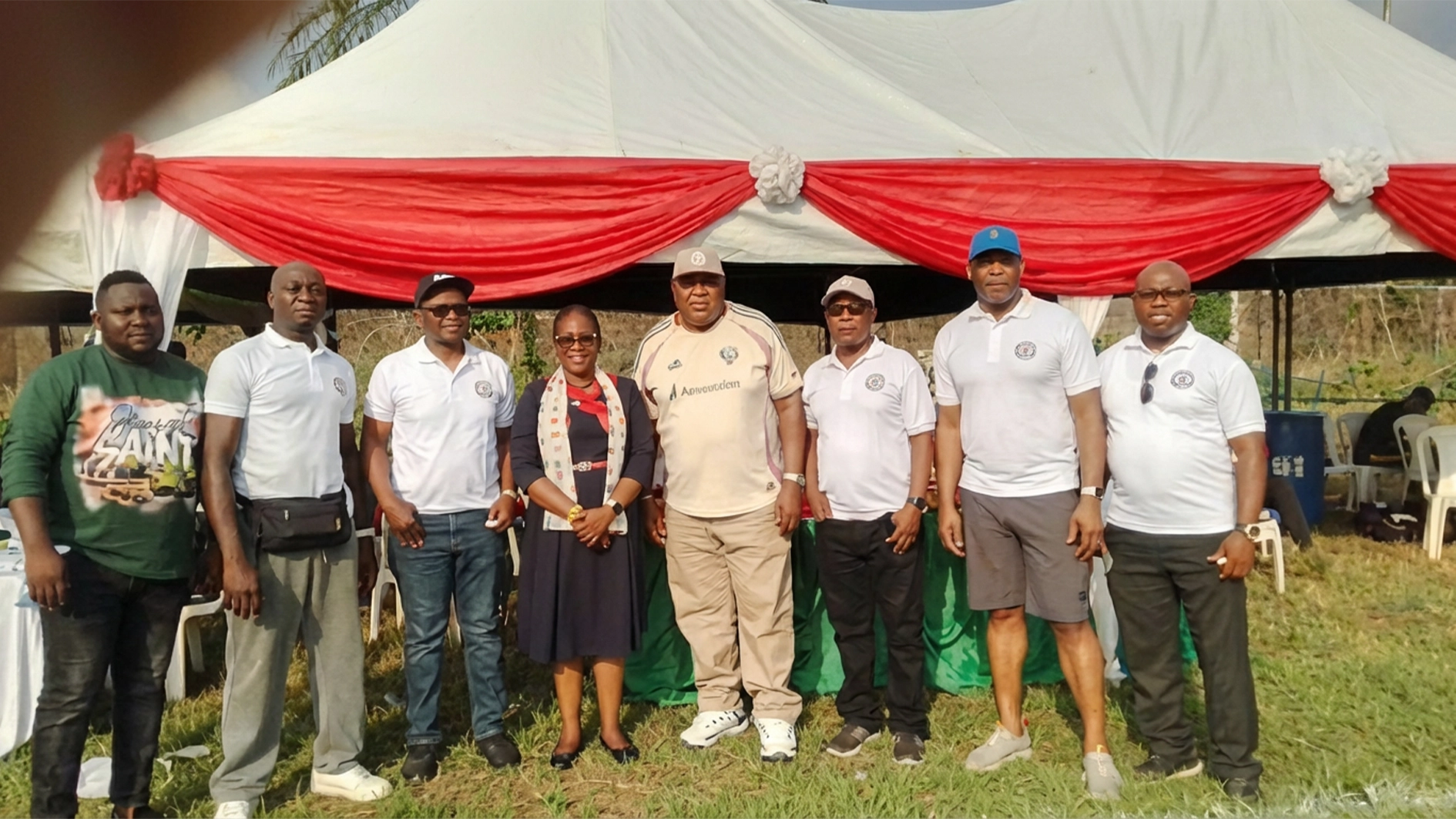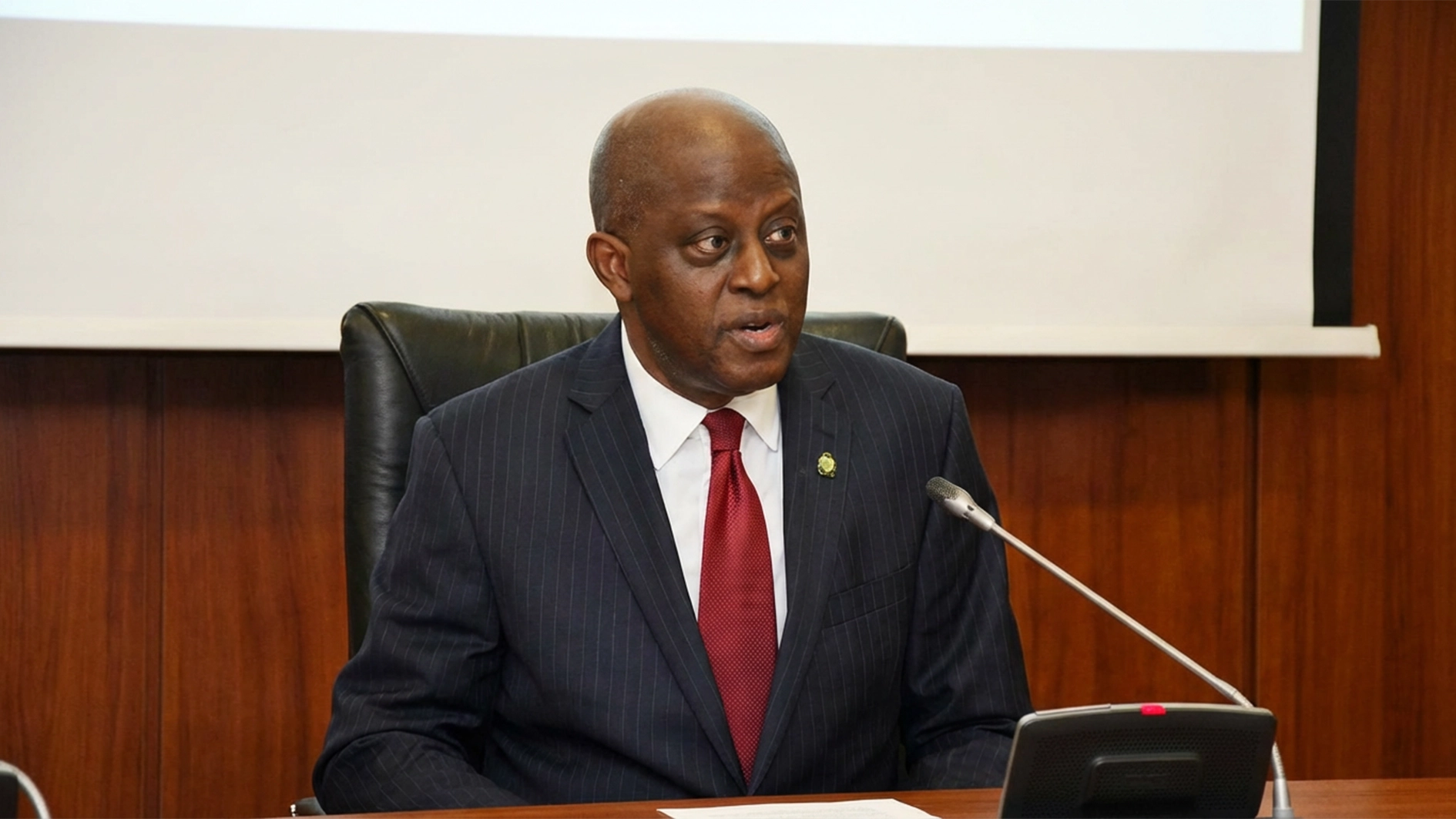
The African Regional Organisation of the International Trade Union Confederation (ITUC) has charged governments in Africa to address mental health in workplaces.
The General Secretary of ITUC-Africa, Joel Odigie, while marking World Mental Health Day, said in an era of increasing workplace pressures, job insecurity, and economic instability, mental health has emerged as a critical issue, especially for African workers, migrant workers, and those engaged in the informal economy.
The International Labour Organisation (ILO) defines health at work as not merely the absence of disease or infirmity, but also the promotion of physical, mental, and social well-being.
Within this context, Odigie noted that African workers continue to face significant challenges, including long working hours, inadequate social protection, and stressful environments, which aggravate mental health issues.
“Migrant workers, who often endure exploitative working conditions and discrimination, are particularly vulnerable to mental health disorders such as anxiety and depression. This above underscores the urgent need to strengthen mental health interventions across all sectors, particularly within informal employment, which accounts for nearly 80 per cent of the continent’s workforce,” he said.
Speaking on the impact of mental health on African workers, Odigie added: “We cannot overstate the toll of mental health issues on productivity, family life, and community development. The World Health Organisation (WHO) has noted that poor mental health is one of the leading causes of disability, absenteeism, and presenteeism globally, affecting not only individual workers but also national economies. In Africa, where the mental health gap is the starkest, there is glaring and frequent neglect of workplace stress and mental health conditions in Occupational Health and Safety (OHS) frameworks.”
He noted that the rights of workers to safe and healthy workplaces are enshrined in ILO Conventions, such as the Occupational Safety and Health Convention, 1981 (No. 155) which mandates that all employers provide work environments that do not jeopardise workers’ physical and mental well-being.
Also, ILO Convention 190 on Violence and Harassment in the World of Work broadens workers’ protection by addressing the psychological violence many workers experience, highlighting that workplaces must be free from violence, including the harmful effects of stress and other mental health stressors.
He explained that for African workers, the most marginalised groups – migrant workers and those in the informal economy – bear a disproportionate burden, saying, “migrant workers in sectors such as domestic work, agriculture, and mining face unique psychosocial stress, including isolation, lack of legal protection, and limited access to mental health care. Their plight reflects the broader gaps in mental health and social protection systems across the continent.”
Noting that there is an urgent need to prioritise mental health as part of a broader occupational safety and health agenda, the ITUC-Africa called on governments, employers, and trade unions to collaborate in developing actionable policies that place mental health at the core of workplace well-being initiatives.
“These initiatives should include creating inclusive work environments that promote open preventive and applicable solution conversations about mental health, violence and harassment, offering support through employee assistance programmes, and ensuring access to mental health care, particularly for those in vulnerable sectors.






